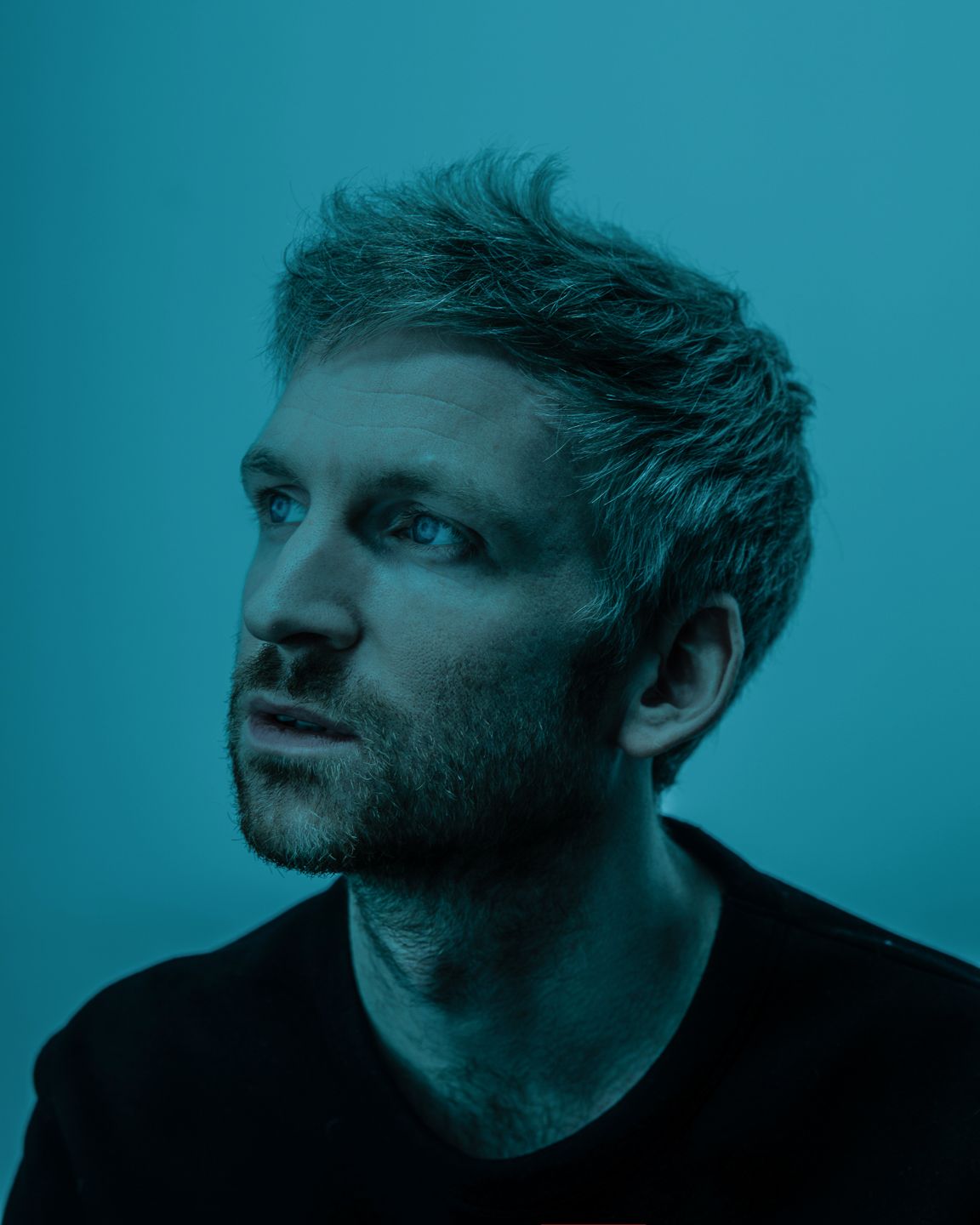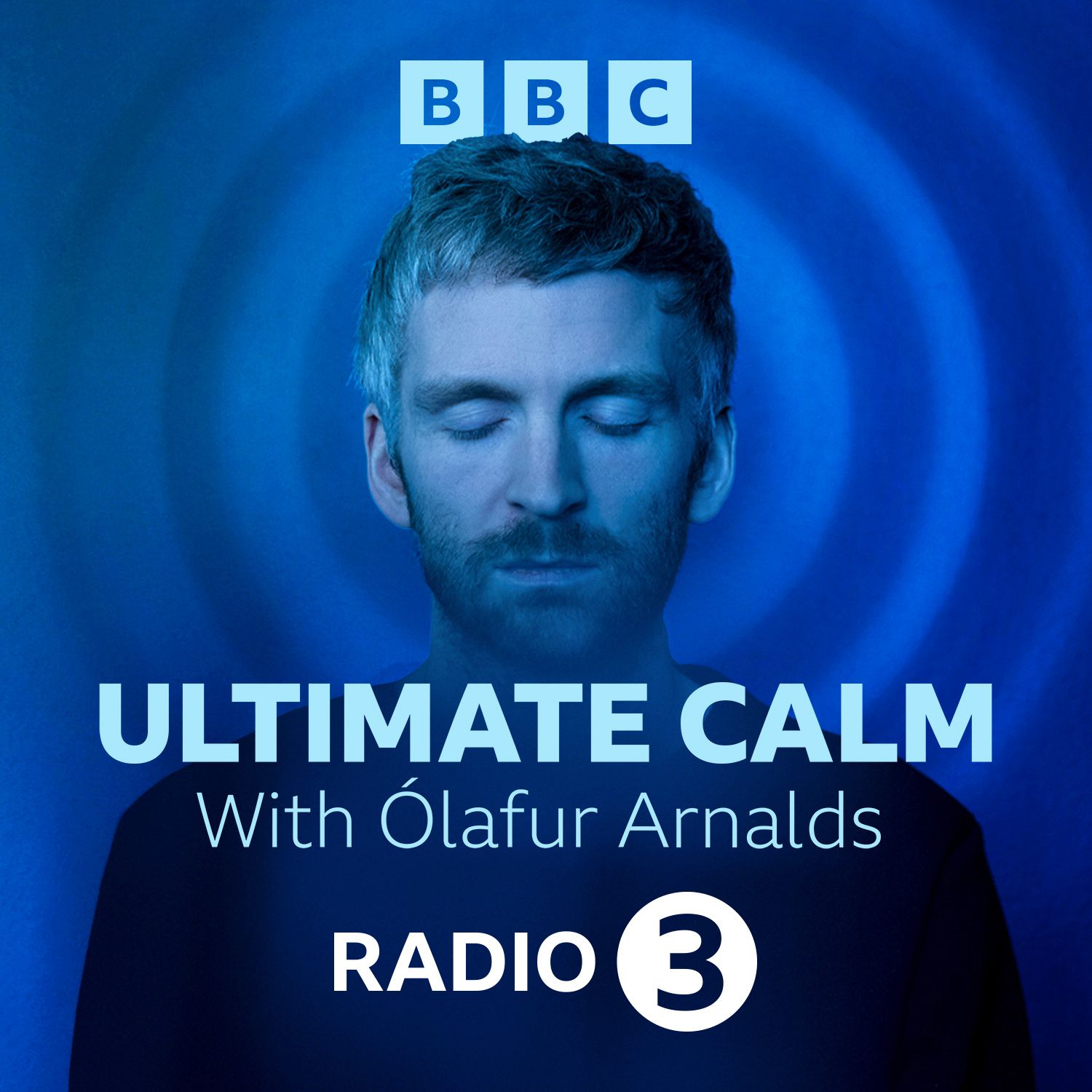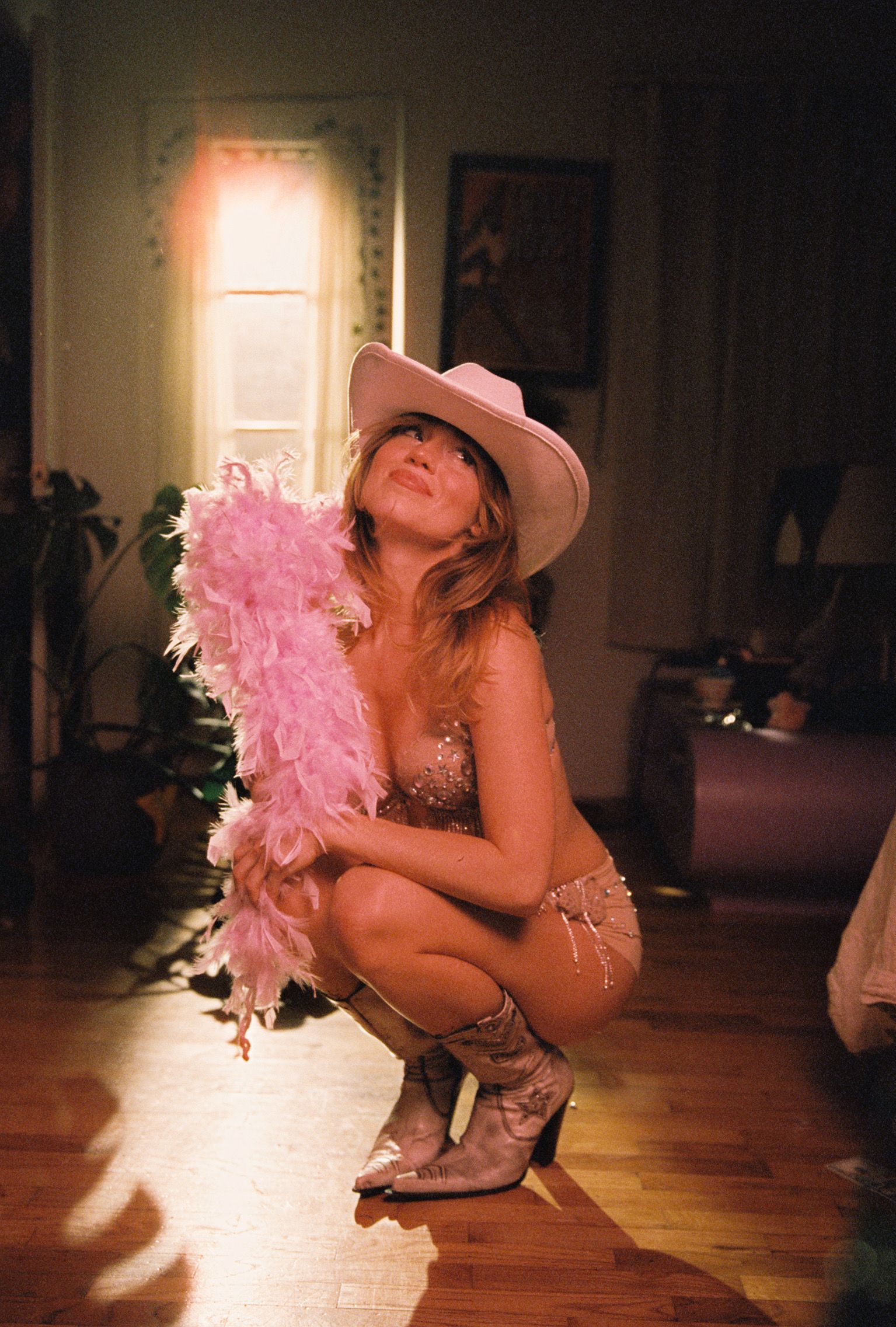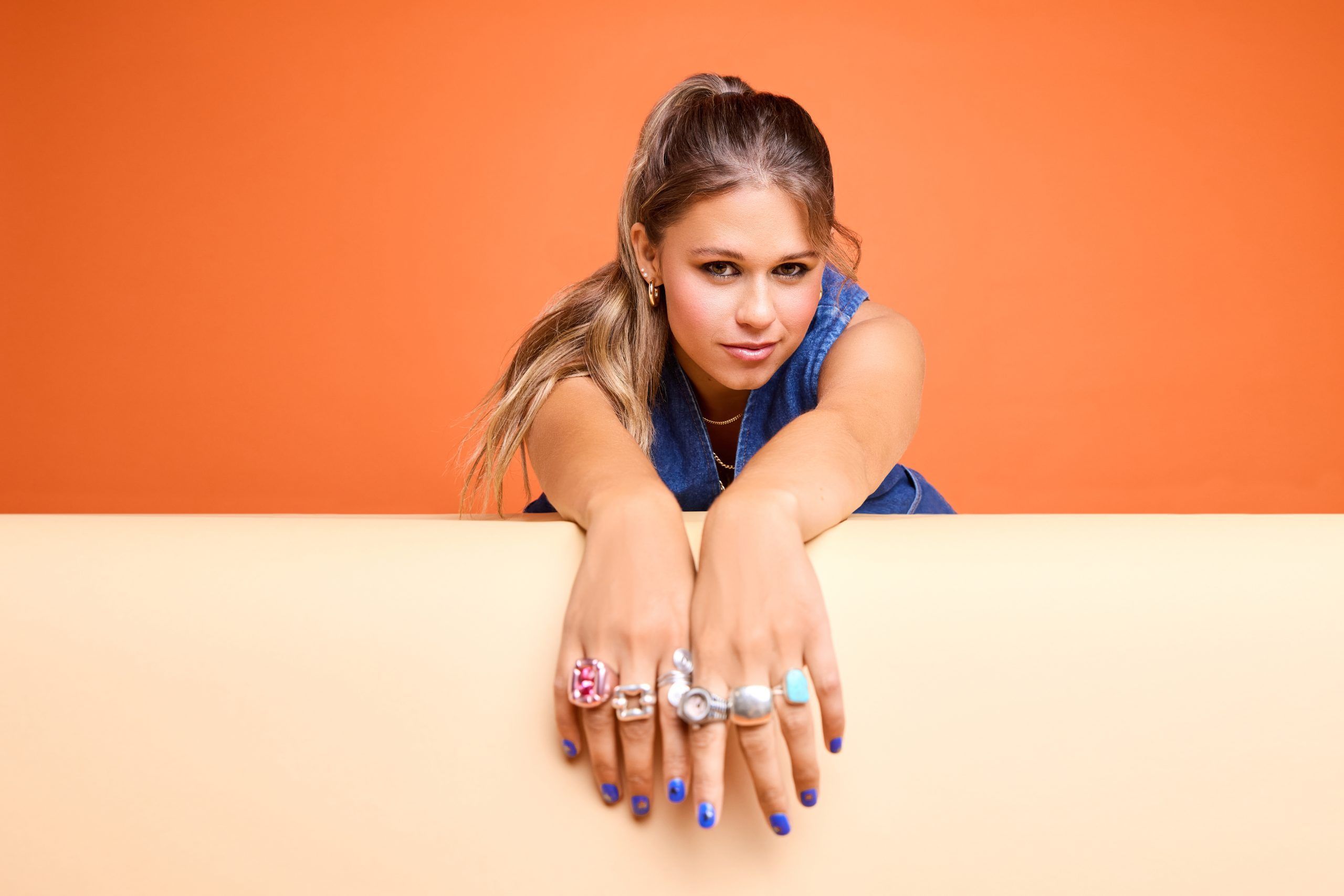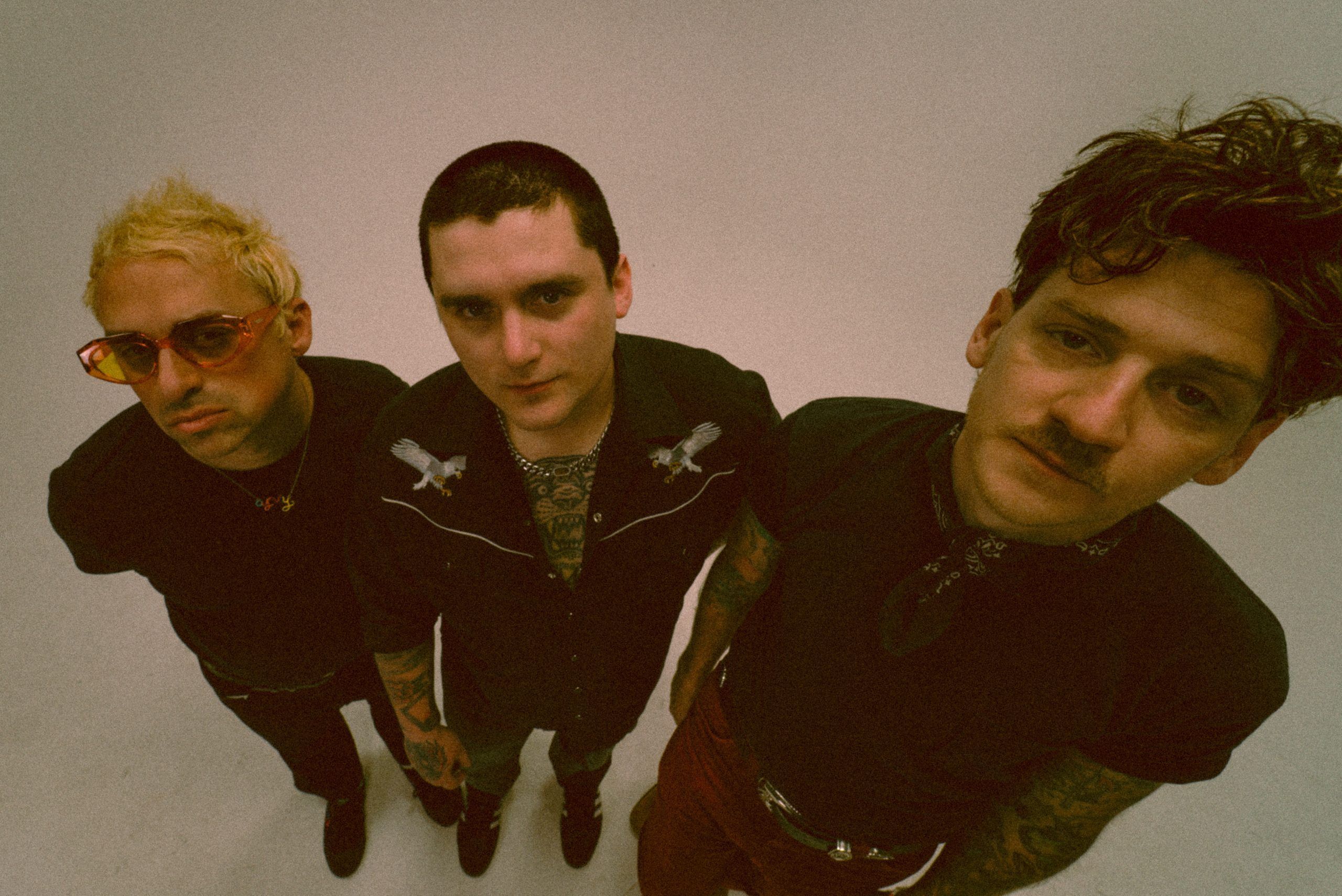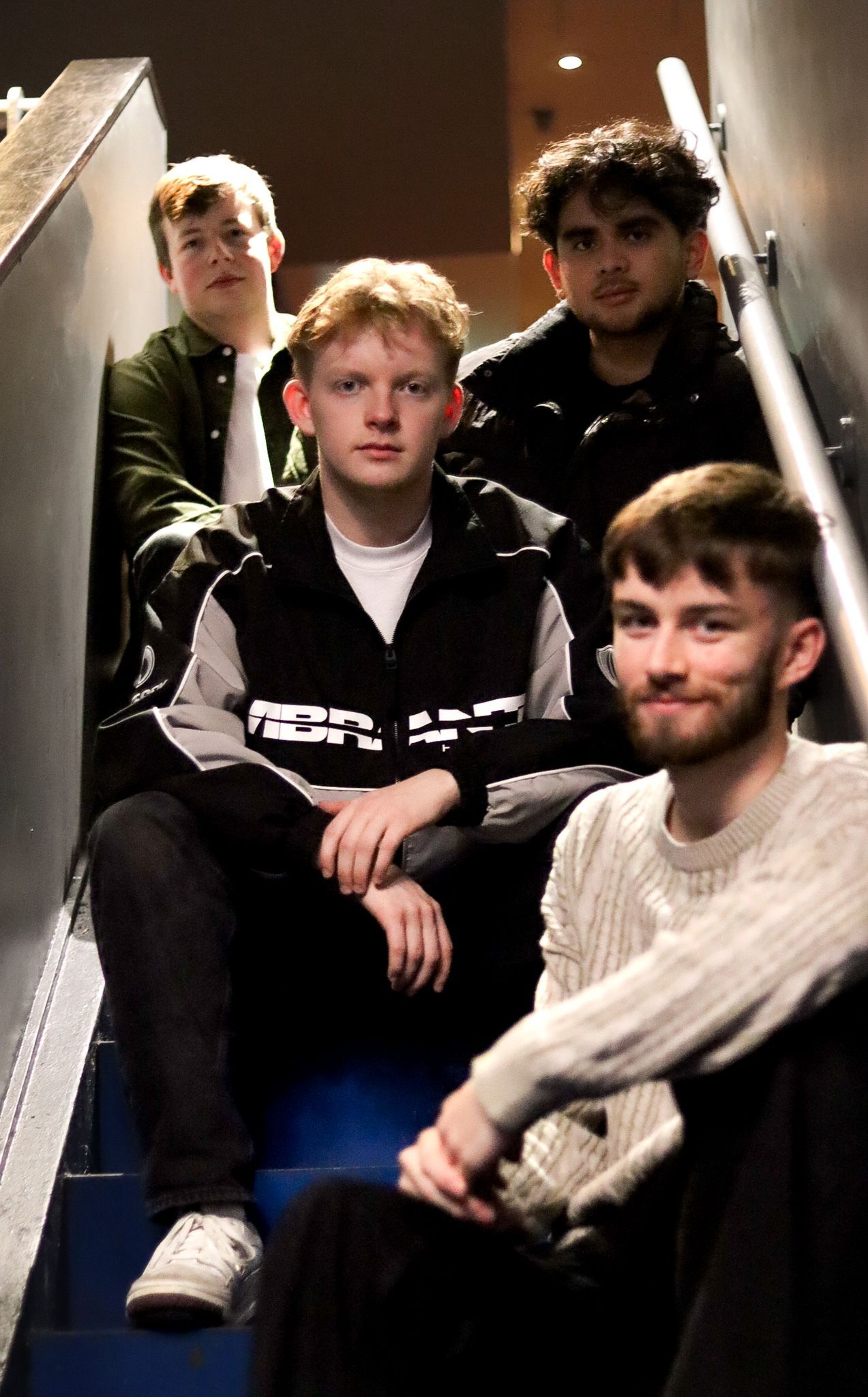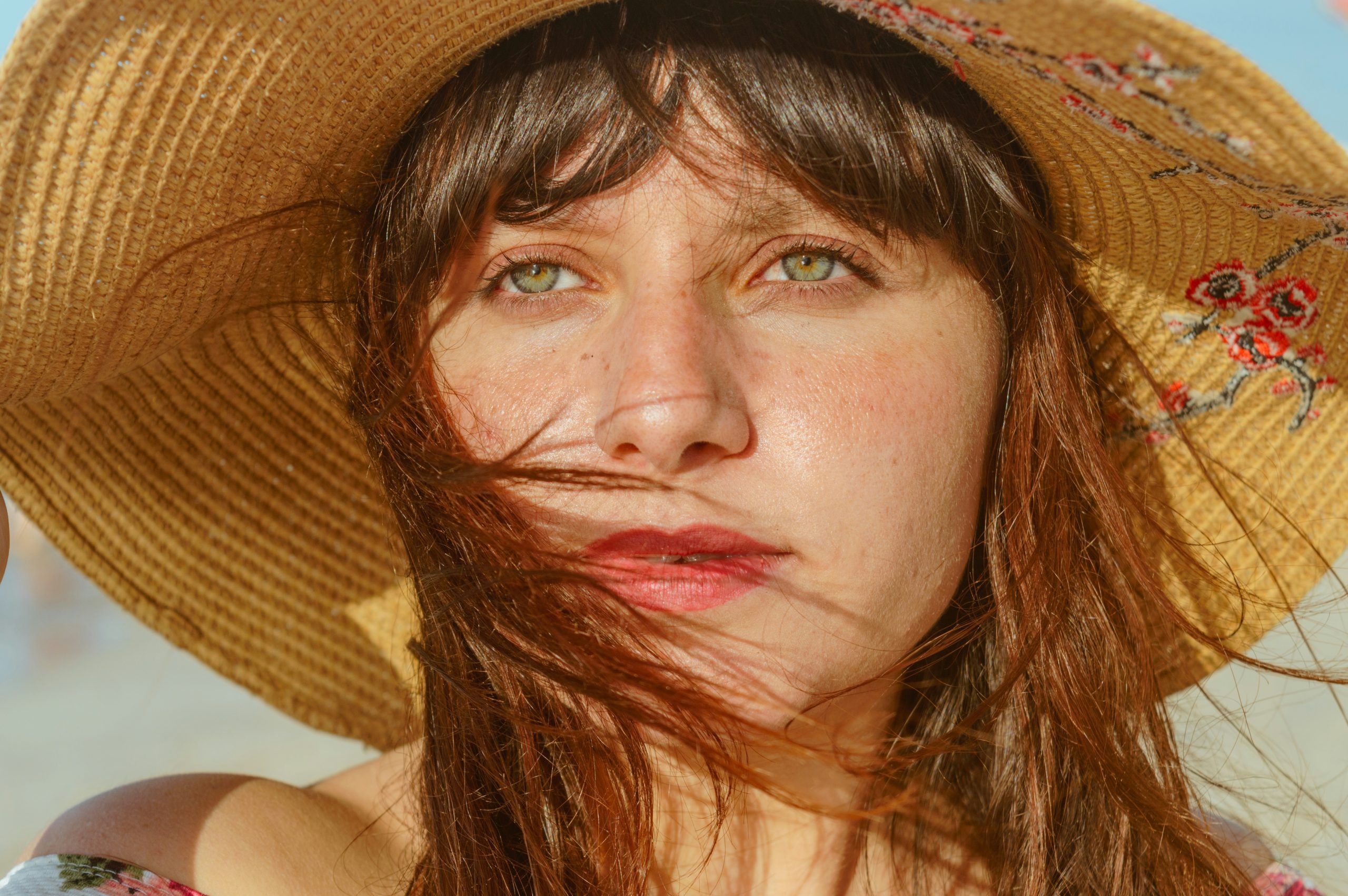Grammy-nominated producer and musician Olafur Arnalds will draw us into a world of calm on his Radio 3 and BBC Sounds show Ultimate Calm, offering up an extension of the ambient and introspective artistry he has developed over recent years.
An environmental activist who has managed to balance soothing sounds with the power of music in affecting change, Arnalds uses his craft as a platform to talk about his passions and important issues like climate anxiety and making environmentally conscious decisions.
Speaking to 1883, Arnalds delves into how art is the forefront of change, his music-making process and the change he hopes to see how musicians’ approach environmental issues and much more.

Where did the inspiration for your Radio 3 and BBC Sounds show Ultimate Calm come from and what can we expect from it?
The inspiration comes from my research in the recent works which was a bit about looking inward and the show is a linear continuation of the concepts I’ve been exploring in the last few years. In the show I’m mostly playing music and I have guests every week who come on to talk about what brings them calm, a place they go to bring them calm – but mostly it’s about music in the end.
Was there a specific path or reason for you to arrive at this introspective sound you’ve been making in the past few years? What attracts you to that sound and how did you evolve to making this kind of music?
With the world becoming crazier it’s very hard to find silence and a safe space, I think subconsciously I’m always looking for a space away from the fast and crazy world we live and finding that in the music I make. I find my safe place in this music.
When you think of calm or ambient sounds, what sort of music – besides your own of course – comes to your mind?
It can be anything! I can be calmed by any music and there’s no one quality that brings the sense of calm to music. It’s more about what the music does to you and that can be very different for you and me. The music brings you calm through the associations you have with it whether that’s memories and nostalgia, relaxing or dancing – it’s unique to each person.
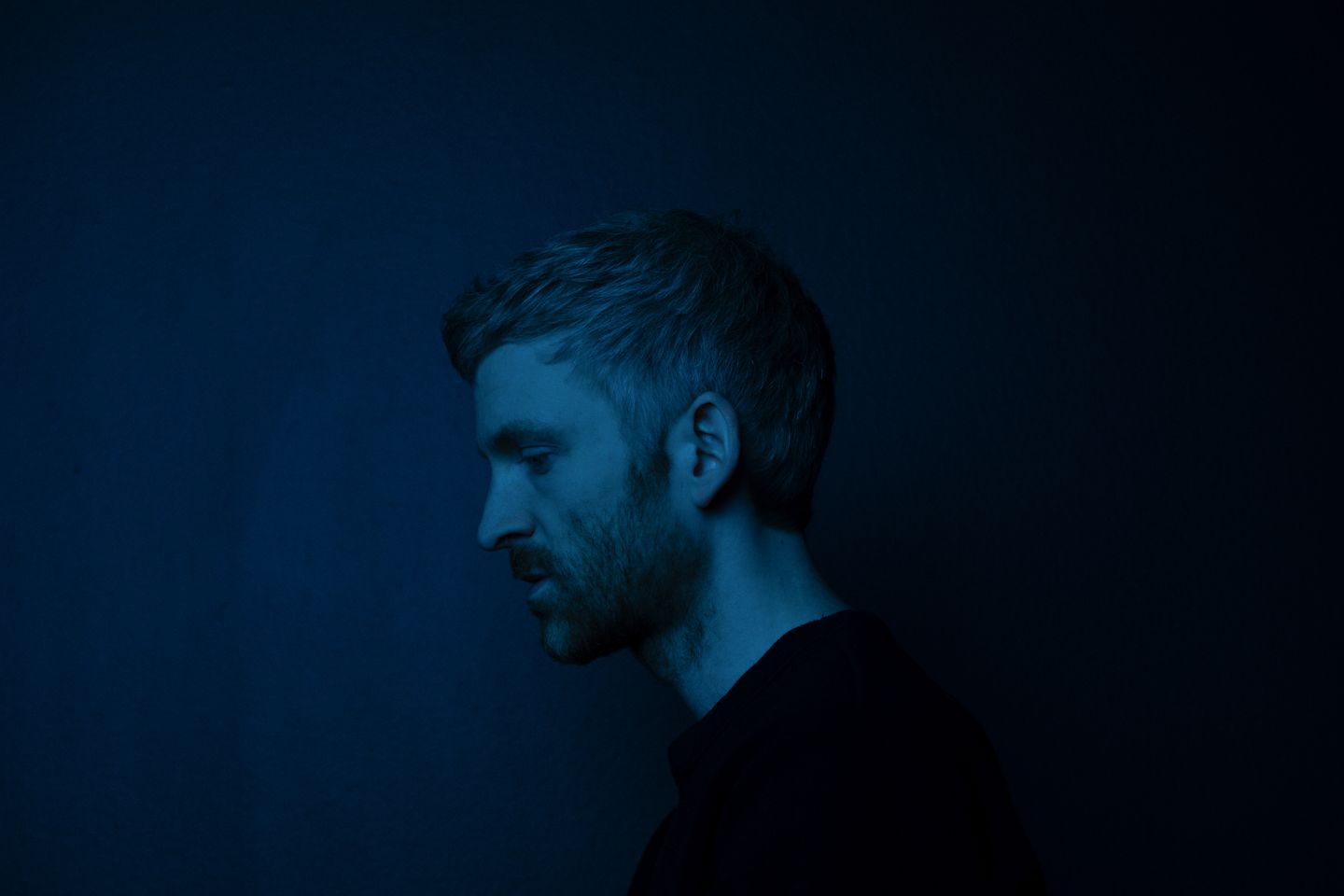
Juxtaposed with your calm or soothing music is your interest in environmental activism and climate anxiety. In your music that’s meant to be a safe space, how do you use your craft as a vehicle for your passion in environmentalism?
For the most part it gives me a platform to talk about my passion for the environment, but I also believe in the power of music and activism through music even if your music is wordless. It has a unique unifying quality of bringing our energies together.
Do you remember the first time you realized the power of wordless music in activism and bringing about change?
I think I realized it pretty late. For the first few years, I tried to detach my music from my activism. I felt like music should be a safe haven from that. But at some point, I realized that in itself was activism! I just remember playing pretty big shows just before the pandemic and standing in a room with thousands of people had this different energy and understand how powerful these moments are. There wasn’t one particular instance, it was throughout my career feeling and seeing the effects of music.
How do you think music affect change when it comes to climate activism particularly and which musicians come to mind when it comes to using music to bring focus to climate concerns?
Art has always been the forefront of change. Artists speak out loud and changes happen. There are some 60s and 70s folk musicians I really look up to. In terms of modern musicians, you see Massive Attack who aren’t just outspoken about climate change in their work but they do a lot of work behind the scenes. I also respect Coldplay for their efforts to make their concerts and tours environmentally friendly. Music is such a big industry touching so many people that we have an opportunity to experiment with solutions. On one side there’s the message and feeling of art and on the other is artists actually having opportunities to create solutions.
What more do you think musicians can do to protect the environment and more of a vessel for activism? What more do you want to do with your music?
I’ve been trying to experiment with making tours more environmentally friendly and introducing environmentally friendly packaging for albums. For example, last year I did a single where the packaging was made out of seaweed paper. But we need more of us doing such things. We can’t change anything as individuals but we can change something as a collective. I hope more artists become conscious of the environment and try their best to implement solutions – the power is in the numbers!
Moving onto your music making process, where do you see your music evolving or going from here? Is there an ideal sonic path or creative vision?
I’m always trying to break out of my boxes and I don’t know where it will take me yet but it needs to be somewhere else than I am right now. I don’t like stagnation as that’s the opposite of creativity. I don’t have the answer for where I will be exactly but it will be something different and I hope to discover something that excites me.
Are there any particular boxes you’d like to break out of at the moment?
Piano music is the biggest box. It’s becoming very saturated and that makes me want to break out of that. But I also realize that it’s part of who I am. Whether I should break out of it or not I’m not completely sure yet.
What’s the most rewarding and challenging part of making music?
For me, the creative process and the months I spent in the studio is the challenging part. The nature of creativity is that most of the time nothing much is happening. The most rewarding part is when I finally get to experience the music, I create in a room full of people and have a two-way conversation with people through music.
Finally, what three words would you use to describe your music for someone who has never heard your music before?
Cyclical. Uplifting. Introverted.
Listen to Ultimate Calm on Radio 3 here.
The album some kind of peace is out now. Follow Olafur via @olafurarnalds
Interview Malvika Padin

